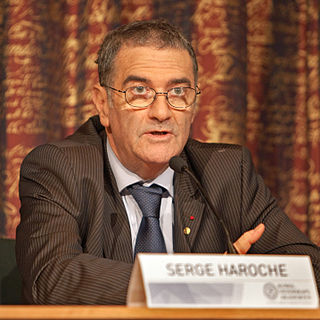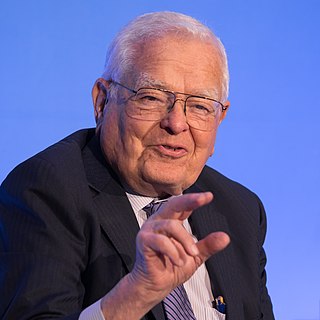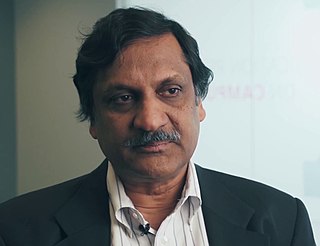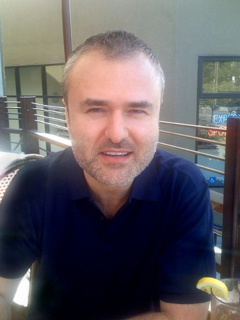A Quote by Julia Gillard
Investing in better-quality education outcomes - especially in maths and science - more than pays for itself.
Related Quotes
Expected outcomes contribute to motivation independently of self-efficacy beliefs when outcomes are not completely controlled by quality of performance. This occurs when extraneous factors also affect outcomes, or outcomes are socially tied to a minimum level of performance so that some variations in quality of performance above and below the standard do not produce differential outcomes
Speed is one of the great curses of modern civilization, obsession with speed leads to quantitative approach; we come to believe that more is better. This is very materialistic, we have to realize that it is the quality of life, quality of relationships, quality of food, medicine, education and everything else which matters.
Higher education isn't just a personal investment. It's a public good that pays off in a more competitive workforce and better-informed and engaged citizens. Every year, we spend nearly $100 billion on corporate welfare, and more than $500 billion on defense spending. Surely ensuring the next generation can compete in the global economy is at least as important as subsidies for big business and military adventures around the globe. In fact, I think we can and must go further - not just making public higher education tuition-free, but reinventing education in America as we know it.












































